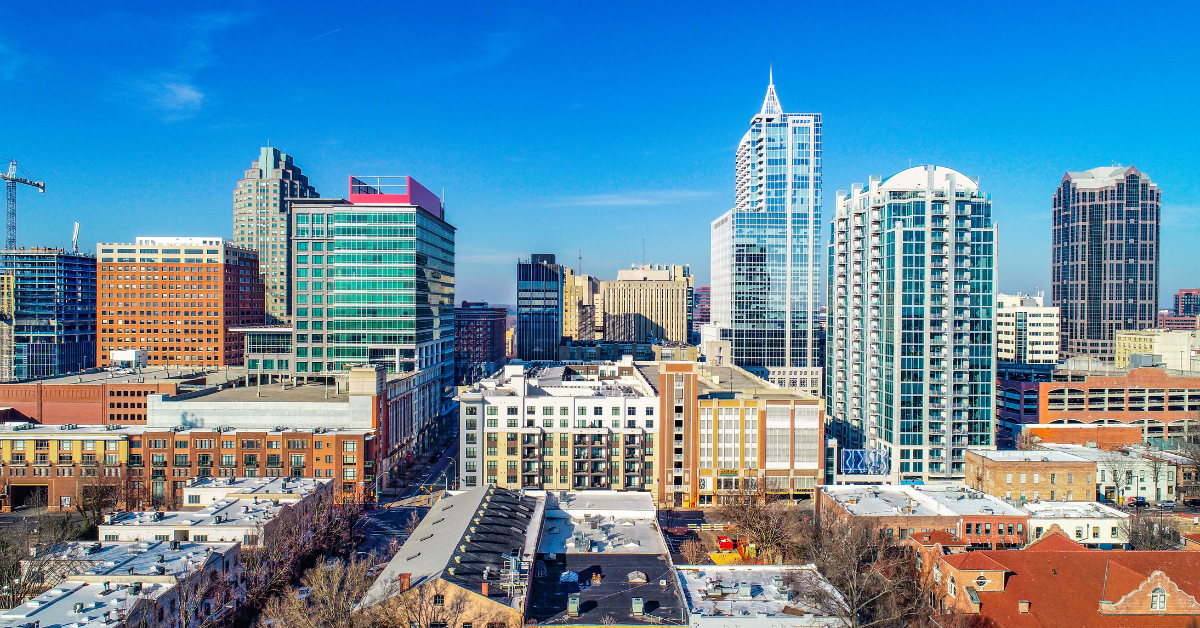Phoenix, the capital of Arizona, is often seen by Japanese people as a city of endless sunshine, iconic cacti, and luxury resorts. While Japan has four distinct seasons and a humid climate, Phoenix offers a dry desert landscape and an exotic atmosphere that feels completely different. This makes it a destination that many Japanese associate with extraordinary experiences and cultural discovery.
Phoenix as a City of Sunshine Throughout the Year
One of the most notable characteristics of Phoenix is its abundance of sunny days. It is said to have over 300 days of sunshine annually, meaning visitors rarely need to worry about rain. In Japan, travel plans are often affected by the rainy season and typhoons, but in Phoenix, the stable climate provides reassurance for tourists.
Additionally, thanks to the low humidity, the heat feels less oppressive compared to Japan’s muggy summers. Even at temperatures near 40°C, many Japanese travelers find it more bearable. During the winter season, Phoenix becomes a popular destination to escape the cold, as Japanese visitors enjoy the warm and pleasant weather while leaving behind Japan’s harsh winters.
| Climate Feature | Difference from Japan | Appeal to Japanese Visitors |
|---|---|---|
| Over 300 sunny days a year | Japan has rainy seasons and typhoons | Easier to plan trips |
| Low humidity | Japan’s summers are humid | Comfortable, less muggy |
| Mild winters | Japan has severe winters | Popular winter escape |
The Desert Landscape and the Symbol of Cacti
When Japanese people think of Phoenix, the most vivid image is the giant saguaro cactus. Some grow over 10 meters tall, creating an impressive sight never seen in Japan. These iconic cacti often appear in films, travel brochures, and media, making them a strong symbol of Phoenix.
The city is also home to the Desert Botanical Garden, where hundreds of cactus and desert plant species can be viewed. For Japanese travelers, who are culturally inclined to appreciate nature through cherry blossoms or gardens, the chance to encounter exotic plants in Phoenix adds unique value to their trip.
| Nature in Phoenix | Impression on Japanese Visitors |
|---|---|
| Saguaro cactus | A symbol of the extraordinary |
| Dry desert scenery | Strong sense of exoticism |
| Desert Botanical Garden | A place to learn and experience |
A City of Luxury Resorts and Golf
Phoenix is also known as a luxury resort city. Throughout the city and surrounding areas, upscale hotels and spas are abundant, attracting Japanese travelers seeking extraordinary experiences.
Golf is particularly popular among wealthy and business travelers from Japan. With world-renowned courses, including those designed by Jack Nicklaus, Phoenix offers a golfing experience unlike any available in Japan. Limited space and seasonal restrictions make golf less accessible in Japan, so playing in Phoenix’s vast, year-round courses is considered special.
| Golf Appeal | Comparison with Japan |
|---|---|
| World-famous courses | Limited availability in Japan |
| Playable all year | Restricted in winter in Japan |
| Expansive natural landscapes | Japan’s courses are smaller, urban |
Even for those not interested in golf, Phoenix’s spas and resort pools are highly attractive. For Japanese visitors, the chance to relax in luxurious surroundings strengthens Phoenix’s image as a destination of indulgence and comfort.
Entertainment and Nightlife
Phoenix transforms after dark, showing a different side of the city. The nightclubs and bars in downtown are full of energy, allowing Japanese visitors to experience the “American nightlife” they’ve seen in films and TV dramas.
Sports are also a major attraction. Watching the NBA’s Phoenix Suns or MLB’s Arizona Diamondbacks is a thrilling experience for Japanese visitors. The intensity of the crowd and atmosphere offers a scale and energy that cannot be found in Japan, leaving a lasting impression.
| Nightlife Appeal | Difference from Japan |
|---|---|
| Vibrant clubs and bars | Japan is centered on izakaya and karaoke |
| Abundance of music events | Smaller scale in Japan |
| Exciting sports atmosphere | Stronger energy than in Japan |
Popular Spots Among Japanese Visitors
Japanese travelers often rely on travel guides and word-of-mouth when choosing destinations. The following spots are particularly popular:
| Spot | Feature | Reason for Japanese Popularity |
|---|---|---|
| Desert Botanical Garden | Home to diverse desert plants | Unique natural experience |
| Camelback Mountain | Hiking and scenic views | Combines exercise with scenery |
| Scottsdale | High-end resort area | Offers luxury stays |
| Chase Field | MLB stadium | Enjoyable baseball games |
| Taliesin West | Architecture by Frank Lloyd Wright | Popular among art and design enthusiasts |
Summary of the Image Japanese People Have of Phoenix
The main images Japanese visitors associate with Phoenix can be summarized as follows:
| Image | Description | Meaning for Japanese Travelers |
|---|---|---|
| City of sunshine | Mostly sunny all year | Experience a contrast with Japan’s climate |
| Desert and cacti | Iconic saguaro cactus | Enjoy exotic nature |
| Luxury resorts | Abundant hotels and spas | Indulgence and extraordinary stays |
| Golf paradise | Numerous world-class courses | Ideal play environment |
| Nightlife | Clubs and events are vibrant | Experience new culture |
Conclusion
For Japanese people, Phoenix represents “a city of extraordinary experiences.” Walking through the desert under endless blue skies, seeing giant cacti, staying in luxury resorts, playing golf, and enjoying lively nightlife all create memories that are impossible to find in Japan.
For foreigners, understanding how Japanese travelers view Phoenix provides insights into how the city is experienced differently across cultures. The Japanese perception of Phoenix as a “city of the sun” and “a city beyond the ordinary” is not unique to them—it is a quality that resonates with travelers worldwide.






